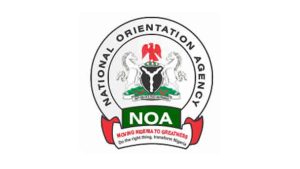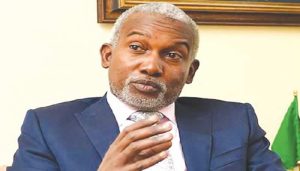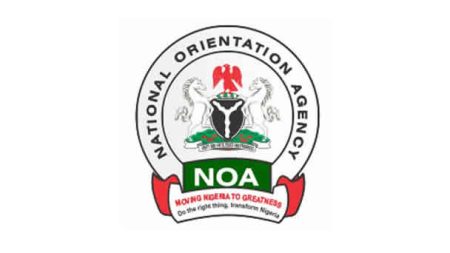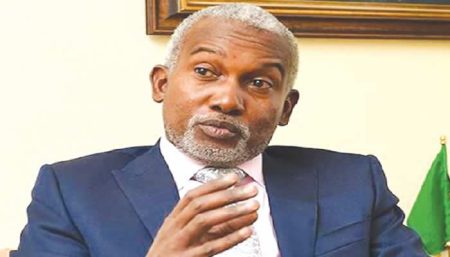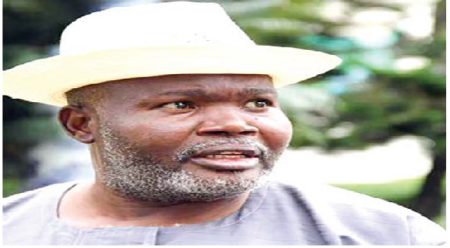The Central Bank of Nigeria’s May 2025 Inflation Expectation Survey paints a stark picture of the economic challenges facing businesses and households in Nigeria. Overwhelmingly, respondents identified high energy costs, encompassing fuel, diesel, and electricity, as the primary driver of inflation. A staggering 90.8% of businesses pointed to energy expenses as the leading inflationary culprit, highlighting the deep-seated structural issues within Nigeria’s energy sector. This dependence on volatile energy prices leaves businesses vulnerable to fluctuations and significantly impacts their operational costs, ultimately contributing to higher prices for consumers.
Adding to the energy burden, the exchange rate emerged as the second most significant inflationary driver, cited by 88.5% of businesses. This underscores the vulnerability of the Nigerian economy to currency fluctuations and the impact on the cost of imported goods. With a significant portion of essential goods relying on imports, a depreciating Naira translates directly into higher prices for businesses and consumers alike. This dependence on foreign goods further exacerbates inflationary pressures and reinforces the need for policies that promote domestic production and reduce reliance on imports.
Transportation costs, encompassing road, air, water, and rail logistics, ranked as the third major contributor to inflation, affecting 87.2% of businesses. This reflects the infrastructural deficits plaguing the country, impacting the efficient movement of goods and adding to overall costs. Poor road networks, inadequate rail infrastructure, and limited access to waterways contribute to delays, spoilage, and higher transportation expenses, which are ultimately passed on to consumers.
Interestingly, the Central Bank’s own monetary policy, reflected in the interest rate, was identified as the fourth most influential factor, impacting 85.5% of businesses. This suggests that while the CBN’s aggressive interest rate hikes, aimed at curbing inflation, may have had some dampening effect on demand, they also inadvertently contributed to increased operational costs for businesses reliant on credit. This highlights the delicate balance required in managing inflation through monetary policy, as excessively high interest rates can stifle economic activity and add to the cost of doing business.
Beyond these top four factors, other significant contributors to inflation included insecurity (84.7%), raw material costs (78.3%), and infrastructural challenges (75%). Insecurity disrupts supply chains, increases operational risks, and adds to the cost of doing business. The volatile nature of global commodity markets also impacts raw material costs, while infrastructural deficiencies continue to hinder productivity and efficient distribution of goods. These factors collectively create a challenging environment for businesses, ultimately contributing to higher prices for consumers.
The survey revealed a strong consensus among businesses and households regarding the primary inflation drivers. Both groups consistently ranked energy, exchange rate, and transportation as the top three contributors. While other factors like natural disasters, activities of middlemen, and infrastructural challenges were acknowledged, they were perceived as less significant compared to the dominant trio. This consensus highlights the urgency of addressing these core issues to effectively combat inflation and stabilize the Nigerian economy. Furthermore, the survey indicated a widespread perception of high inflation, particularly among households, reflecting the strain on household budgets and the erosion of purchasing power.
The majority of respondents expressed a preference for policy easing, particularly a reduction in interest rates. This suggests a belief that the current tight monetary policy is adding to the economic burden and potentially hindering growth. While the CBN’s efforts to control inflation through monetary policy are understandable, the survey data suggest a need for a more balanced approach that addresses the underlying structural bottlenecks driving inflation. This includes addressing the challenges within the energy sector, improving infrastructure, and promoting policies that stabilize the exchange rate.
The findings of the CBN’s survey underscore the complex nature of Nigeria’s inflationary pressures. While monetary policy plays a role, the dominant drivers are deeply rooted in structural issues related to energy costs, exchange rate volatility, and transportation challenges. Tackling these structural deficiencies is crucial for achieving sustainable price stability and fostering a more resilient and inclusive economy. This requires a concerted effort from policymakers to implement reforms that enhance energy security, improve infrastructure, and promote a stable exchange rate regime.
The survey’s findings also highlight the importance of considering the impact of monetary policy on businesses and households. While higher interest rates may curb demand-pull inflation, they can also increase the cost of borrowing for businesses and add to the financial strain on households. A balanced approach that combines monetary policy with targeted interventions to address the underlying structural bottlenecks is crucial for effectively managing inflation without stifling economic growth. This includes investing in infrastructure, promoting domestic production, and implementing policies that enhance energy efficiency and reduce reliance on imported goods.
The survey provides valuable insights into the perceptions and expectations of businesses and households regarding inflation and its drivers. By understanding these perspectives, policymakers can develop more effective strategies to address the root causes of inflation and mitigate its impact on the Nigerian economy. The survey’s findings underscore the need for a comprehensive approach that tackles both the demand-side and supply-side factors contributing to inflation. This includes addressing the structural bottlenecks that hinder productivity, increase costs, and contribute to price instability.
The CBN’s survey serves as a crucial input for policymakers as they navigate the complex challenges of managing inflation in Nigeria. By understanding the perceptions and priorities of businesses and households, the CBN can tailor its policies to effectively address the root causes of inflation and mitigate its impact on the economy. The survey’s findings highlight the need for a multi-faceted approach that combines monetary policy with structural reforms to achieve sustainable price stability and foster a more resilient and inclusive economic environment.
Finally, the survey results reinforce the argument that Nigeria’s inflationary pressures are predominantly driven by cost-push factors rather than excessive demand. This underscores the need for policies that address the structural bottlenecks that contribute to higher costs for businesses and households. Focusing on enhancing energy efficiency, improving infrastructure, and promoting a stable exchange rate regime will be crucial for achieving sustainable price stability and fostering a more resilient and inclusive economy.


